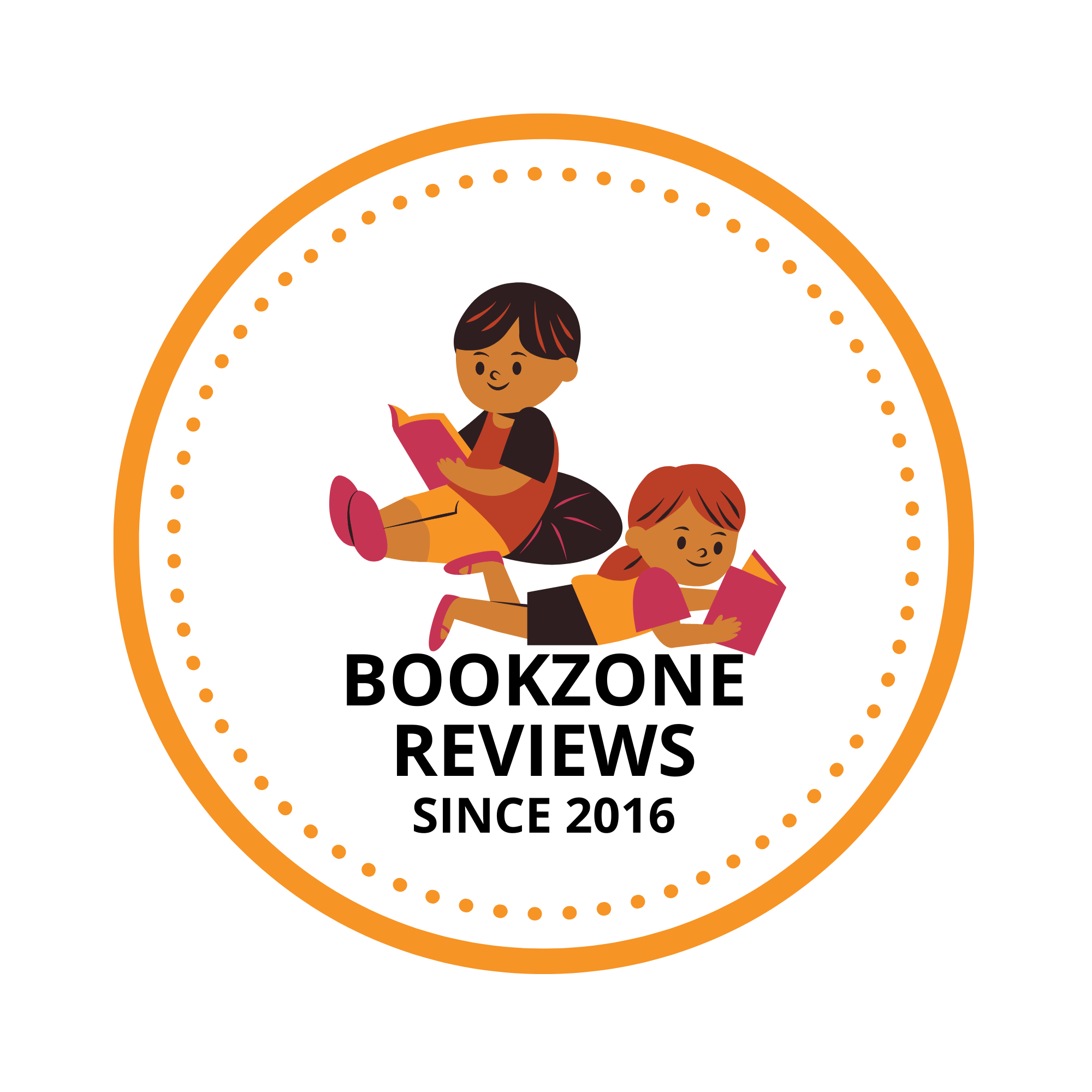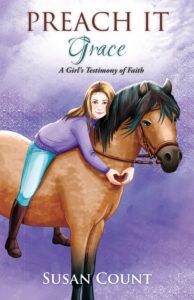Q: Tell us about Jump At The Sun.
A: Jump at the Sun is a novel of motherhood. It is also a novel of race, of love and sacrifice, of isolating suburban life and the continuing legacy of slavery, of generational change and the price of living the dream for which our parents fought and several other things, but primarily it’s a novel of motherhood. It is not a sentimental one. Many of the thoughts Grace things about being a mother would not make it to the inside of a Hallmark greeting card.
Q: Is the novel a reflection of your own thoughts and feelings about motherhood?
A: Well, I could try to deny that, but no one would believe me. So I’ll just say yes – but with a big caveat. As I tell my writing students, fiction is not life, it’s the essence of life. It’s life distilled. So, yes, my protagonist and I share some things and some thoughts and feelings. Absolutely. But no, she’s not me. The reason I write fiction, as opposed to memoir, is to try to push beyond myself, to write outward from my own experience toward a more universal one. That’s the beauty of fiction.
Q: What do you find to be the most challenging aspect of being a mother?
A: It would be easier to say what’s not challenging about being a mother. Loving my children is not difficult for me; they are amazing, complex, complete little creatures who have bulldozed their way into my heart and taken it over. Praising them when they do something terrific isn’t hard for me, or grinning like a fool when they say something smart, or even pushing them to do more for themselves, to become more independent. What’s challenging is being consistent and consistently patient and understanding and present, being always beyond myself. Being a writer demands a lot of time inside one’s own head, one’s own experience of the world. Being a mother demands just the opposite. I find it very, very challenging to reconcile those twin demands. But when my kids were younger, what I found most challenging was the bizarre isolation of stay-at-home motherhood. No doubt about it – it is unhealthy and unnatural to lock a grown woman in a house with only kids for company all day, every day.
Q: In the novel, Grace wonders if all mothers go through what she’s going through. Do you think they do?
A: When I began this novel, deep, as I was, in the hormone funk of my own early childbearing and child raising years, I thought so. I thought all women felt what I was feeling – the crushing boredom and suffocation and bewilderment and dissatisfaction and anger and yes, resentment at finding myself trapped in a house interacting with toddlers all day. I thought all those happy-mommy women at the park, those types you see babbling nonstop and giddily interacting with their kids as if the stream of nonsense coming out of some one-year-old’s mouth was the most fascinating conversation they had ever had – I thought those women were either faking or delusional. Nuts. But as I came out of it, as I talked to other women and read essays by writers I admire who are also mothers – Anne Tyler, Alice Walker, Grace Paley – I realized that it really was an individual thing. Anne Tyler wrote an essay about how she really, truly did not mind when she had to put aside her work – herself – to scrape peanut butter off the wall or wipe a nose or even clean the litter box. And when you’re a writer, putting aside may mean losing forever, btu she never minded. So I realized mothers vary, just as women do. A rather obvious epiphany but then they are usually the most powerful ones. Do I think I’m the only woman who has never looked at her kids and wanted to run the other way – no. Bud do I think all women feel that way – not necessarily. Some women seem to be born to it, just in the same way some people are born with an ear for music or great vocal chords, a knack for dance, with an artistic eye or the potential for great mathematical skill. If I took up voice lessons and practiced for six hours every day for a couple of years I could learn to carry a tune but I would still never be never be Marian Anderson. It’s just not there.
Q: The novel is grounded in Grace’s struggle, which is contemporary. But the narrative moves back and forth through time to also illuminate both her mother’s story and her grandmother’s. Do you worry about what your grandmother or mother might think of the grandmother and mother characters?
A: Well, my grandmother has passed, but I do sometimes wonder what she might make, not only of this book, but of my writing in general. Though she lived until I was in my mid-twenties I regret to say I did not know her well. Mostly that’s my fault. In my late teens and early twenties, when I might have made the push toward connection with her, I was, like many folks, incredibly self-centered. I paid lip service to family obligations but in reality I was focused on one person and one person only – me. Before that, when I was a child and would have been interested and open and eager for her engagement in my life, she was busy with her own. Adults of my grandmother’s and mother’s generations did not, as a rule, engage with children, at least the ones I knew. They fed us and bathed us and sheltered us and sent us to school and church and once those needs were met they forgot about you. They had bigger fish to fry: jobs, mortgages, unhappy relationships. They didn’t find children that terribly interesting. Now, of course, we’ve swung to the opposite extreme, many of us, ordering our lives around our children, intent not only in parenting but in befriending our kids, interacting with them as though they were adults in smaller clothes. The trick is to find a middle path.
Q: What about your mother? Will she read the book and what might her reaction be?
A: My mother is a courageous and determined woman who lives in California and who may well cut me out of the will after reading this book. She did, in fact, give up a tremendous, a heartbreaking chunk of herself to raise me and my four siblings. And it cost her. I try to honor that sacrifice by recognizing it and by trying to make sense of it, the way all art tries to make sense of the human condition. I also know that if I make different choices it is largely because I have different options, and that I have those options in part because of what she did.
Q: So our mothers could not have it all –
A. Especially if they were black and especially if they were poor and denied an education.
Q. Yes. But what about contemporary woman. Can we have it all?
A: Beats me. I suppose it really depends on one’s definition of “all”. Women of my generation can certainly have children and careers and relationships; I know a lot of women doing it and some doing it well. I don’t know any doing it easily. Or without cost. But that’s life.
Q: What about your children? What’s it like to try to write honestly about mothering knowing that your children will probably read those thoughts some day?
A: My kids were still babies as I wrote, still demanding “Good Night, Moon” every evening, so that concern was not one I carried while I was struggling with this book. I’m glad I didn’t. But now that my daughter has learned to read and my son is learning, I realize that it’s true: someday they will probably want to pick up mommy’s book and see what’s inside. And they might wonder if some of the more raw thoughts Grace has about being a mother are ones I shared. Again, it’s an interesting dilemma, even more so than creating characters around other family relationships because one’s other relations, as much as you love and are loyal to them, are adults. But your kids are your kids, forever. And isn’t it a mother’s duty to protect her children from pain if she can? So if what you’re writing might some day cause pain, do you not write it? No right answer, of course. For me, I guess the answer is to write from love and empathy and not from pettiness or childishness or vengefulness or whatever, and to be as rigorous with my own self-reflection as in my view of the world. Then hope for the best. The other route is to be enormously successful; then nobody cares as long as you buy them a car.
Q. Will you write more books about mothering or family relationships?
A. Never say never. But right now I’m feeling done with that. I’d like to move on to something completely and utterly foreign to my life, to some wild story of adventure and mayhem perhaps.
Discover more from Book Zone Reviews
Subscribe to get the latest posts sent to your email.








